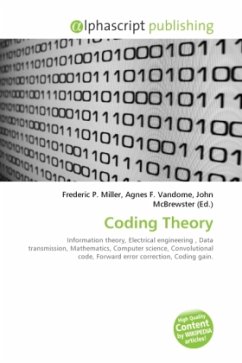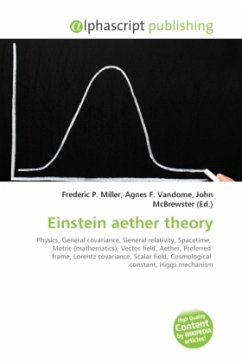A many-body system with interactions is generally very difficult to solve exactly, except for extremely simple cases (Gaussian field theory, 1D Ising model). The n-body system is replaced by a 1-body problem with a chosen good external field. The external field replaces the interaction of all the other particles to an arbitrary particle. The great difficulty (e.g. when computing the partition function of the system) is the treatment of combinatorics generated by the interaction terms in the Hamiltonian when summing over all states. The goal of mean field theory (MFT, also known as self-consistent field theory) is to resolve these combinatorial problems. The main idea of MFT is to replace all interactions to any one body with an average or effective interaction. This reduces any multi-body problem into an effective one-body problem. The ease of solving MFT problems means that some insight into the behavior of the system can be obtained at a relatively low cost. In field theory, the Hamiltonian may be expanded in terms of the magnitude of fluctuations around the mean of the field.
Bitte wählen Sie Ihr Anliegen aus.
Rechnungen
Retourenschein anfordern
Bestellstatus
Storno








